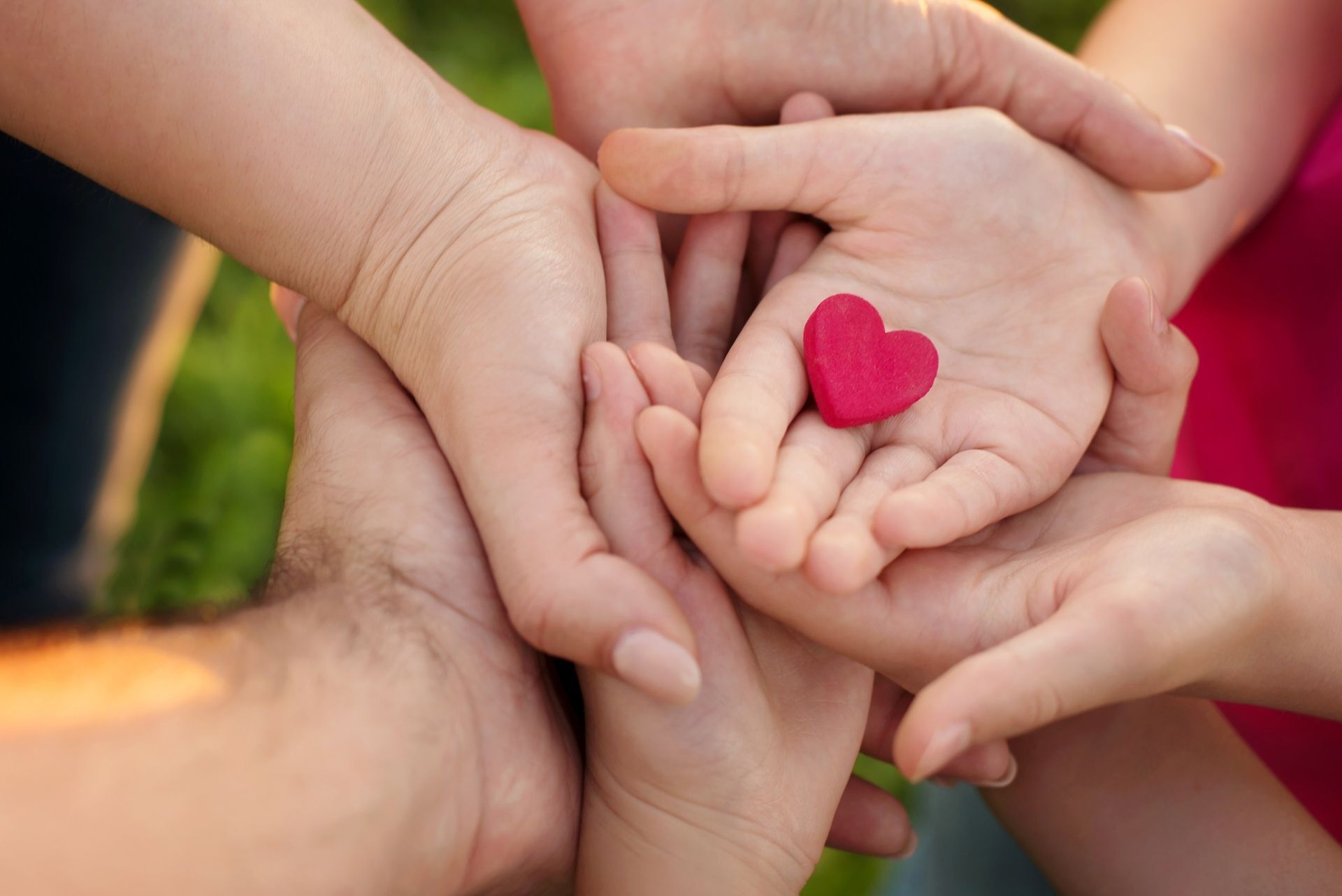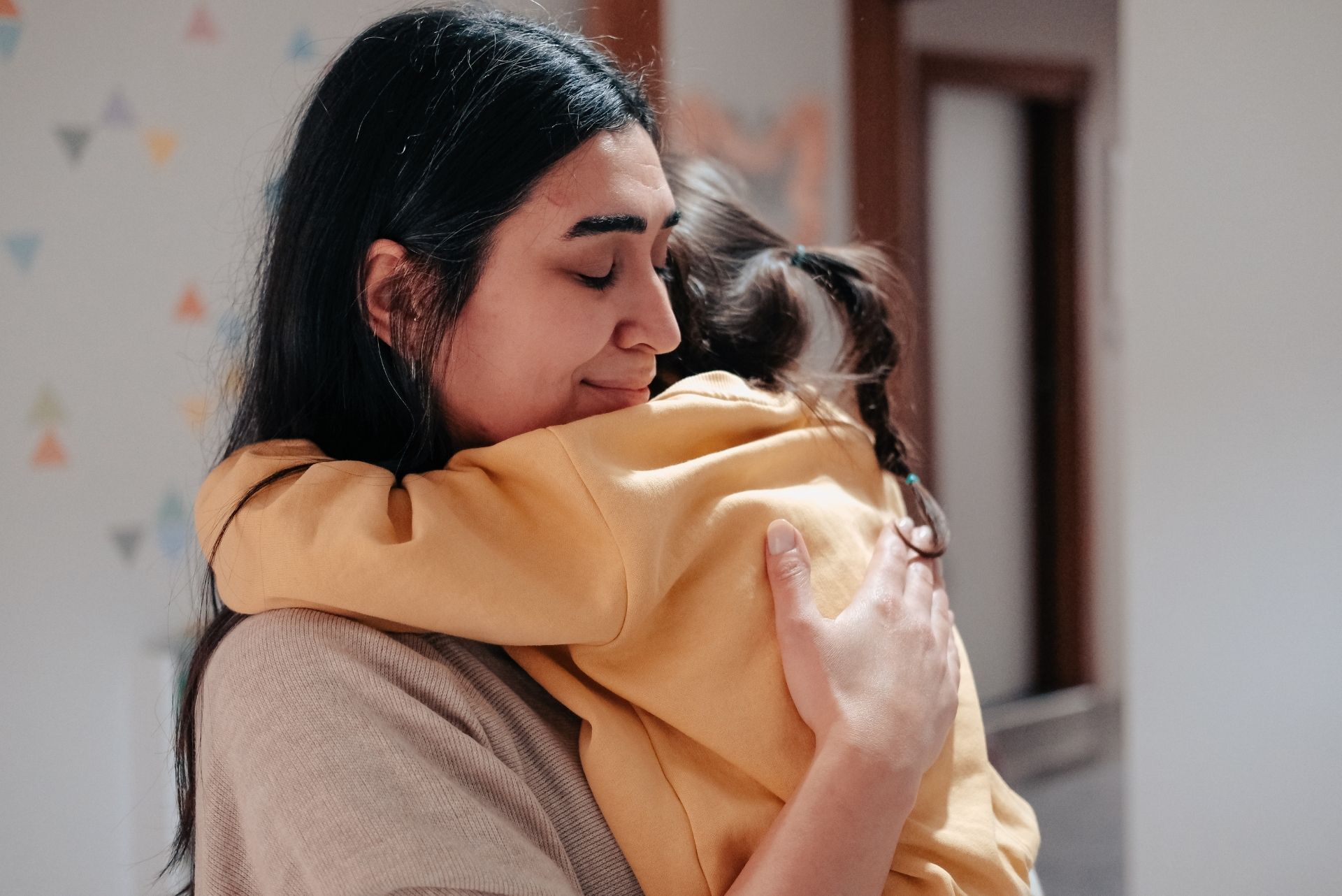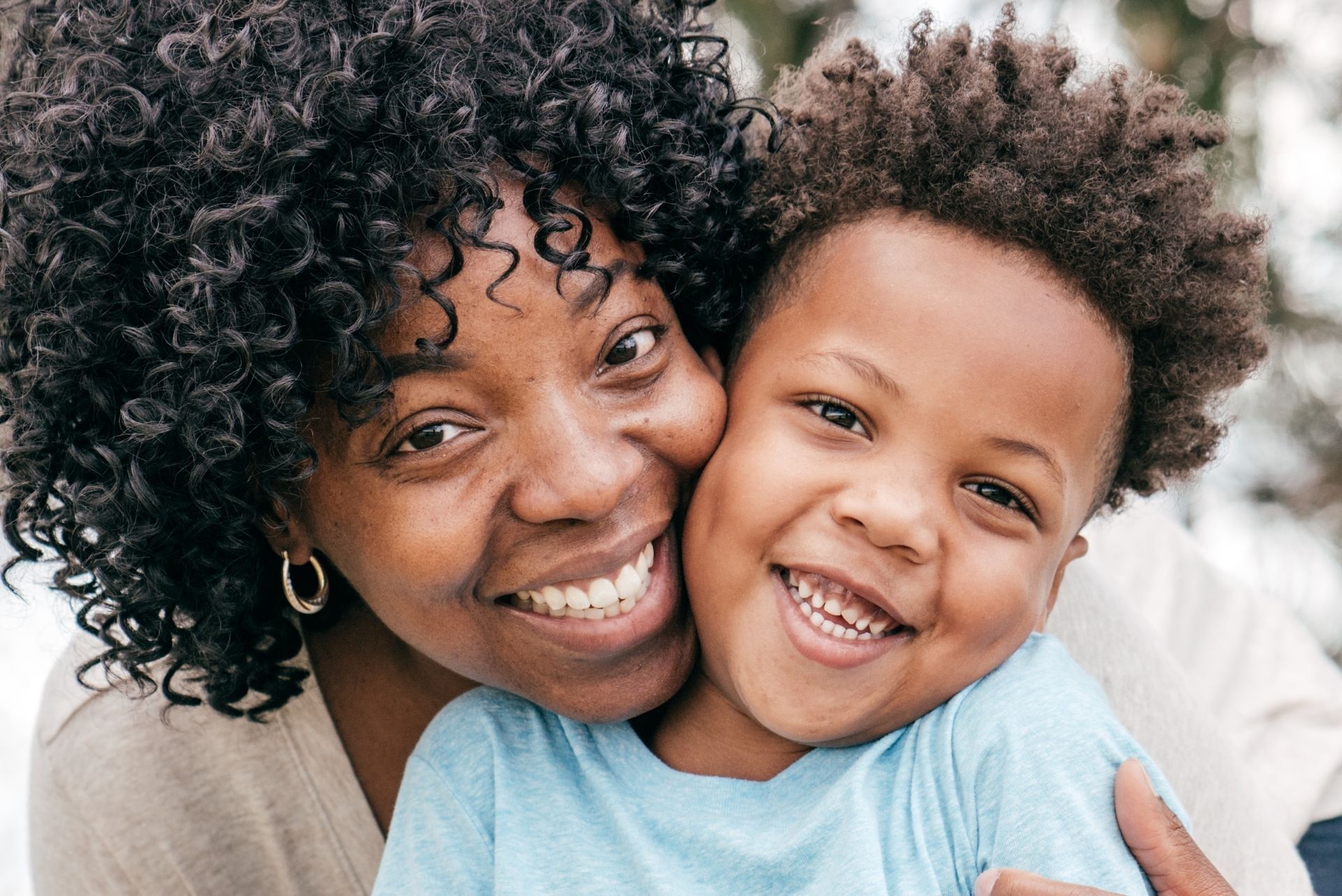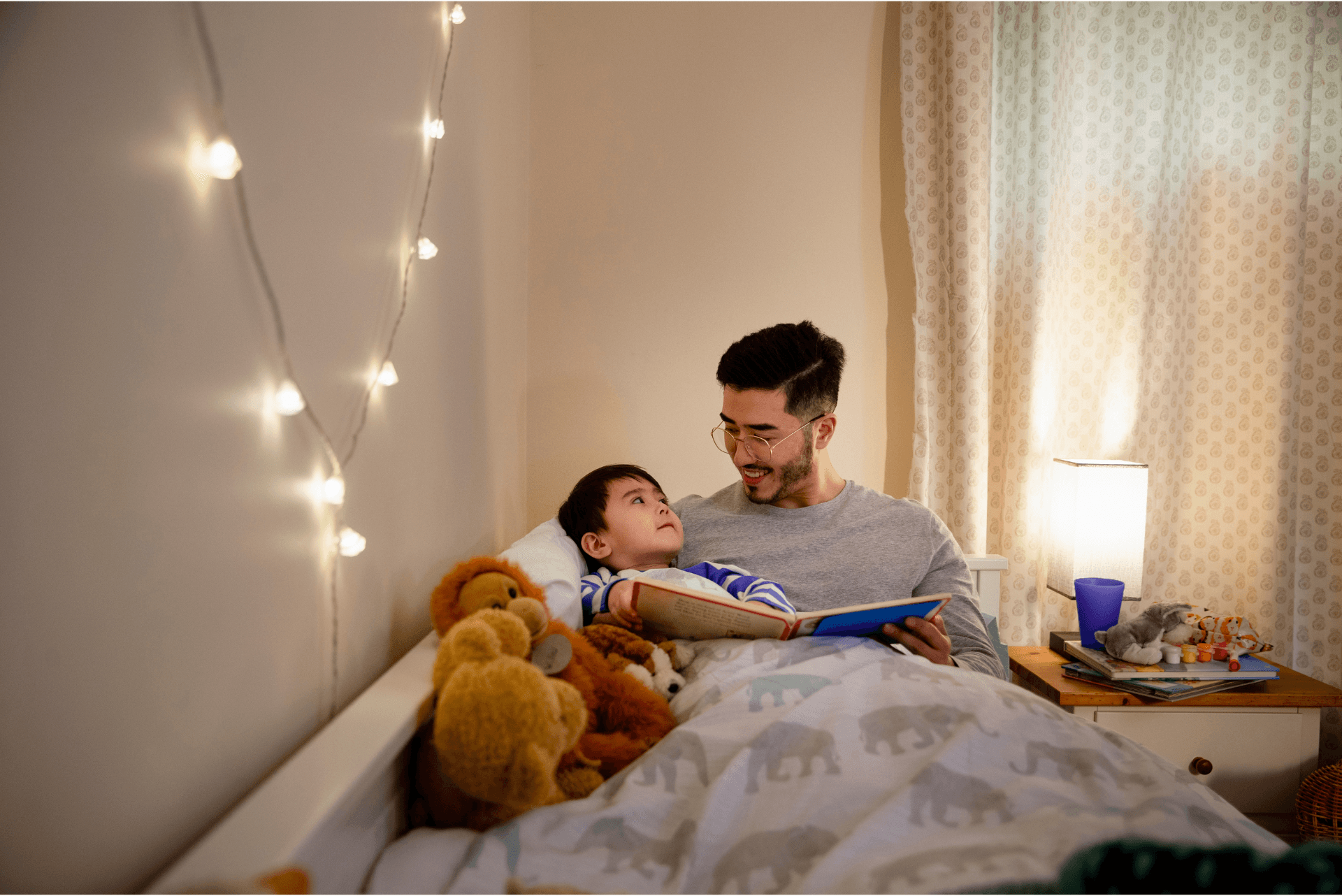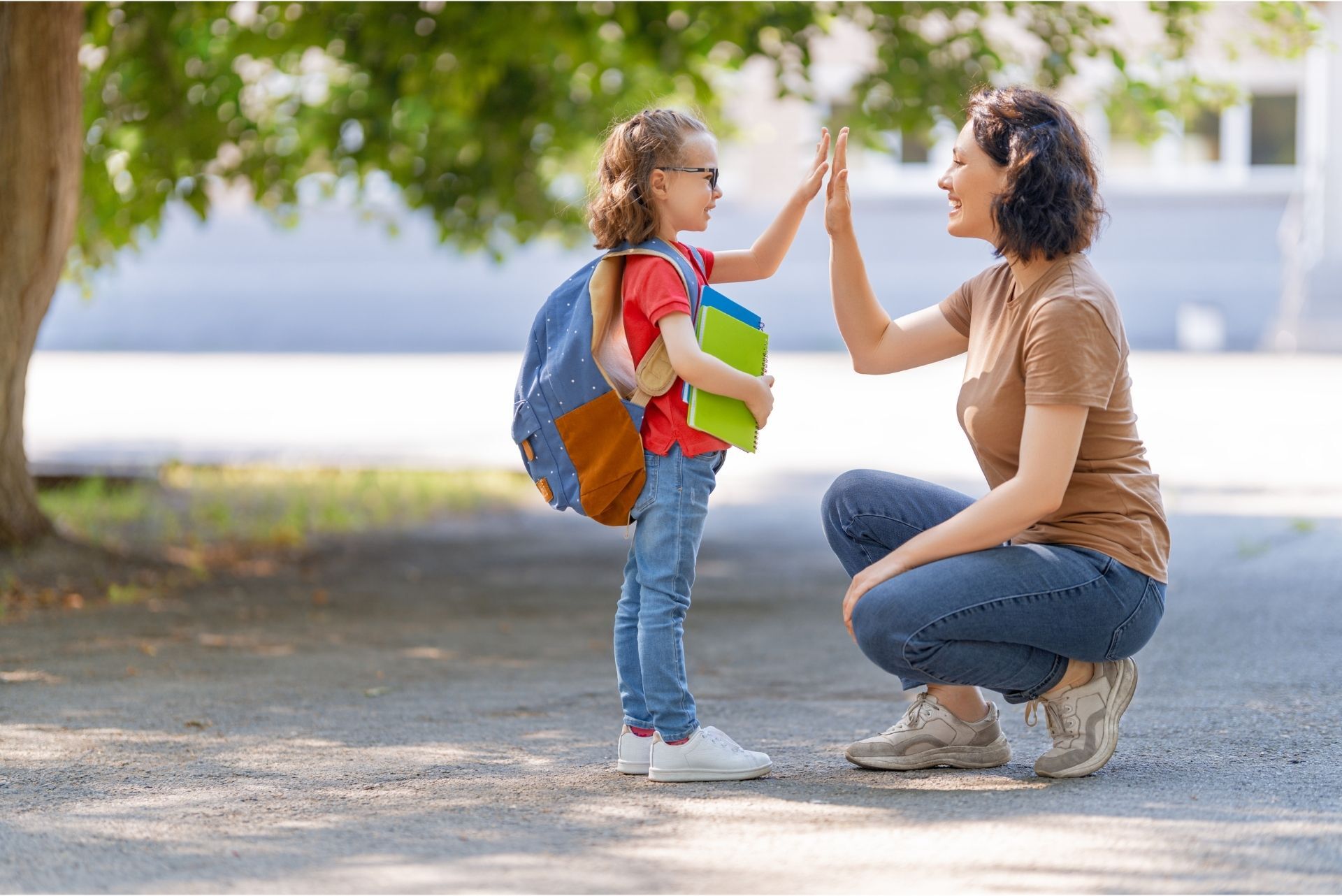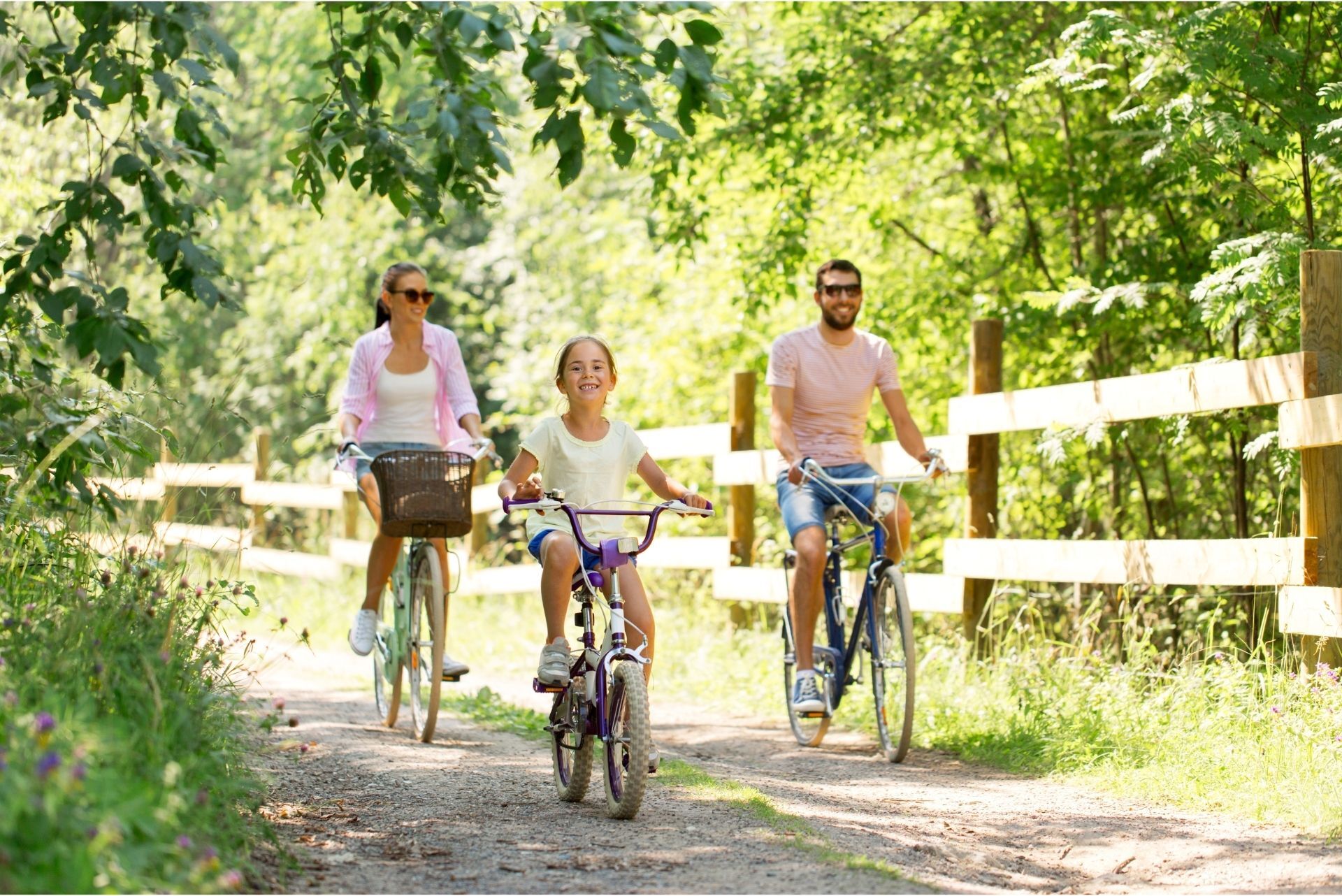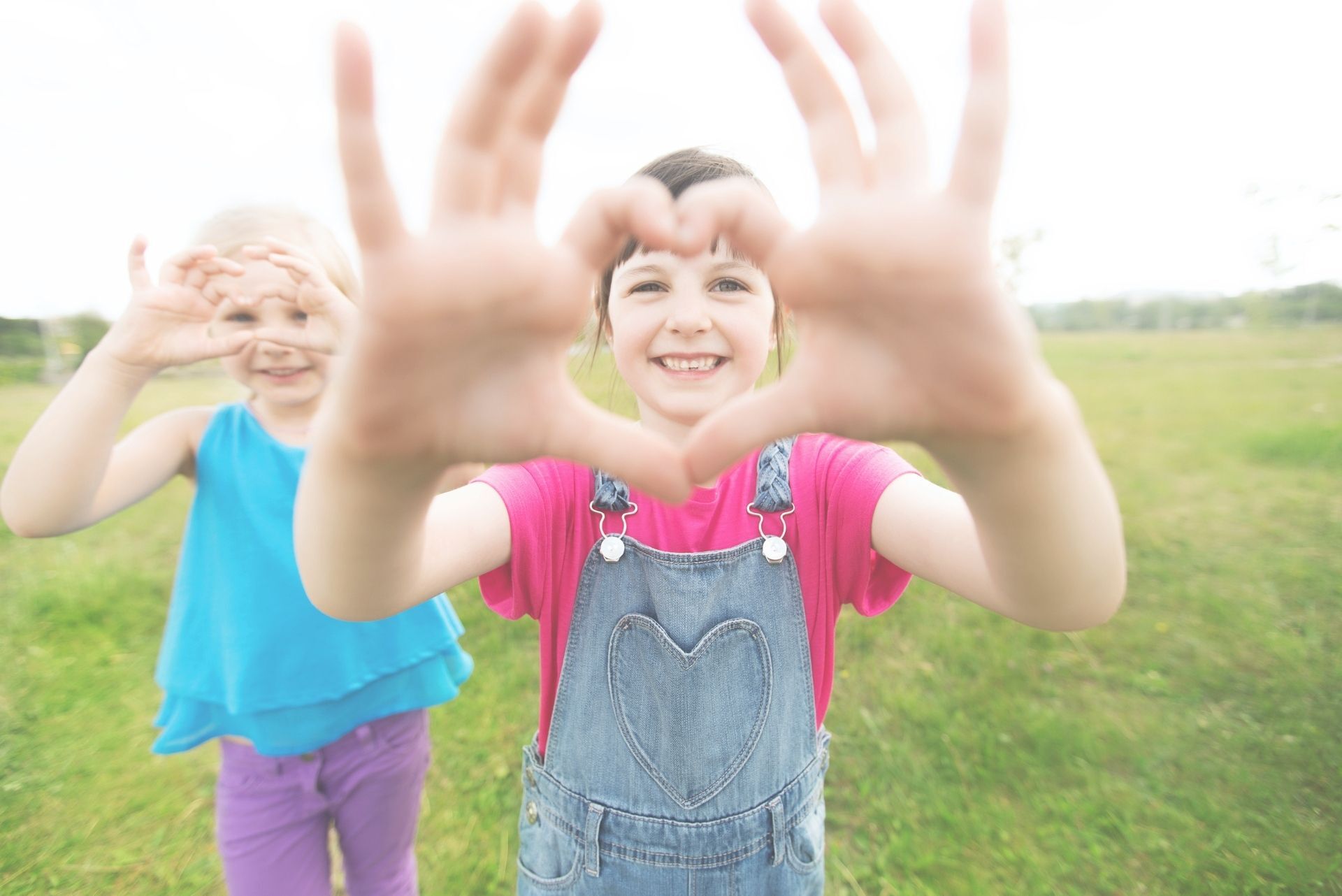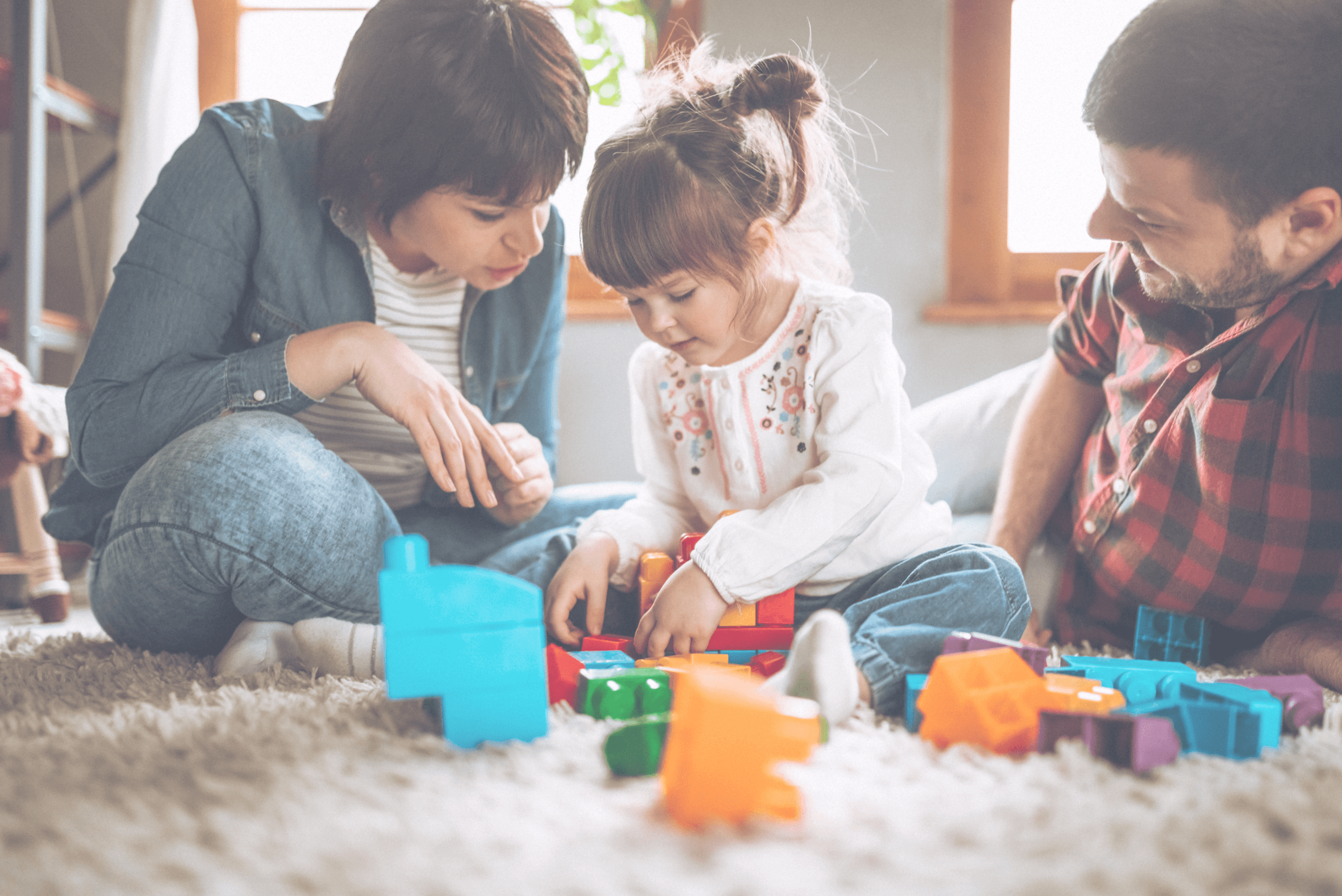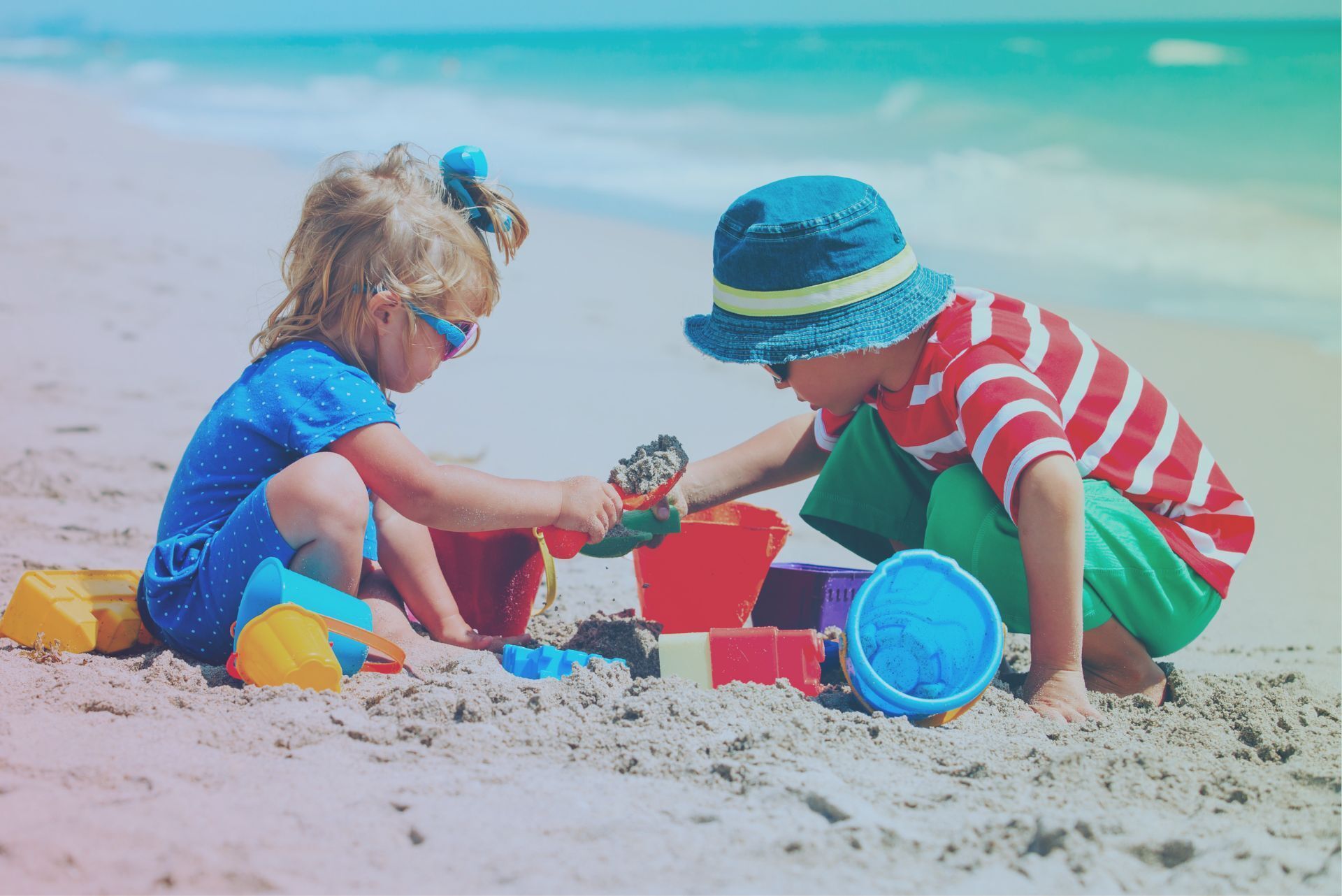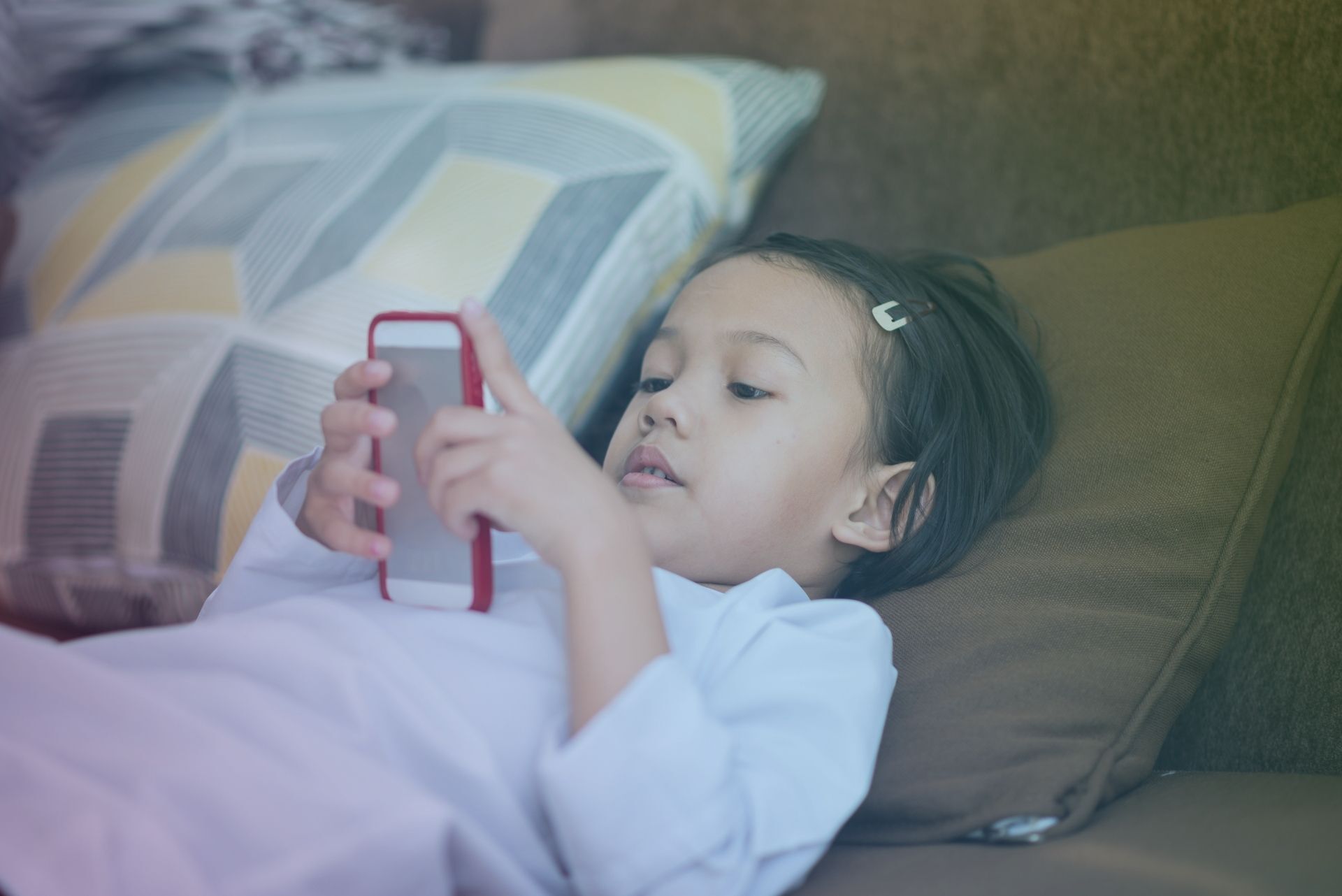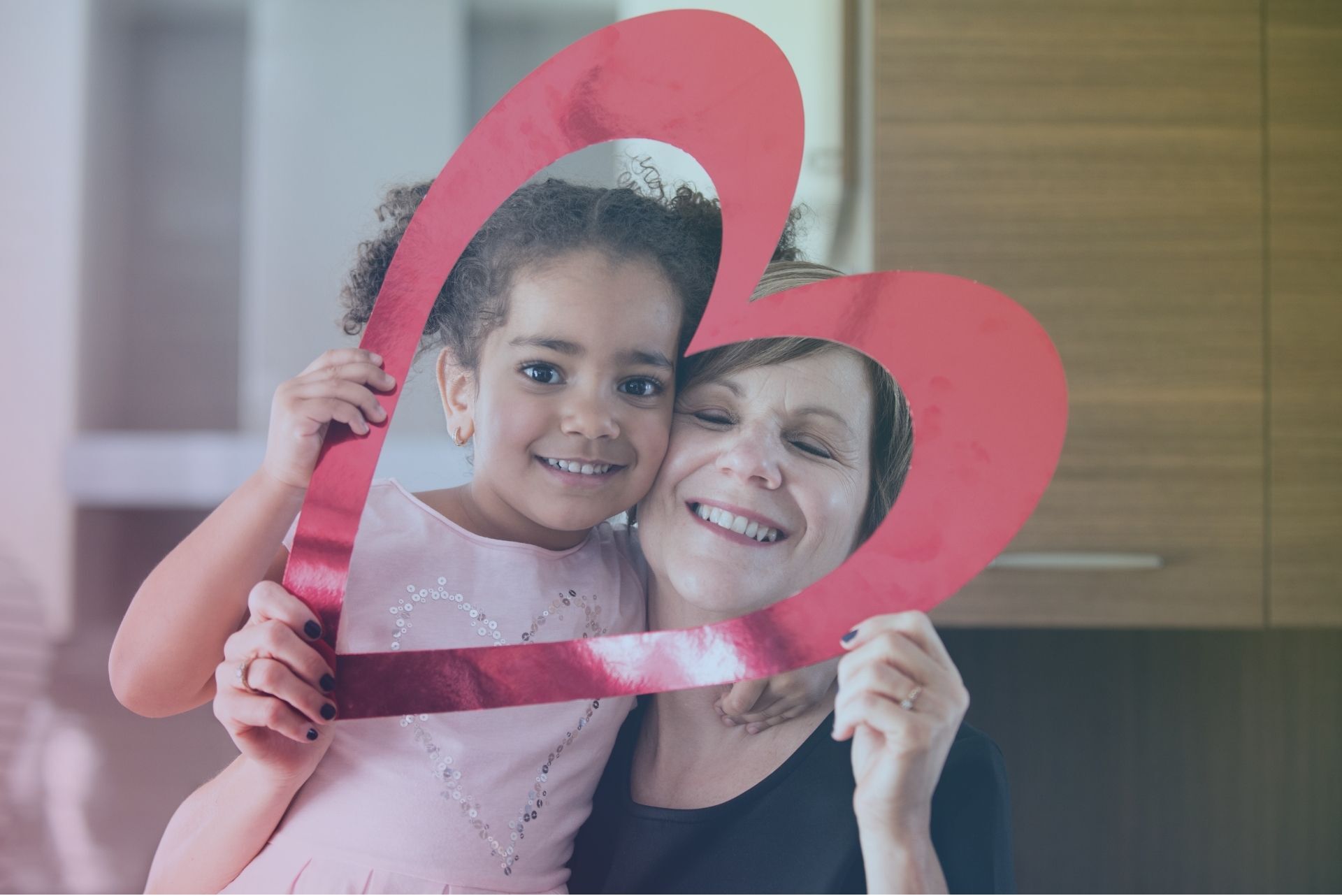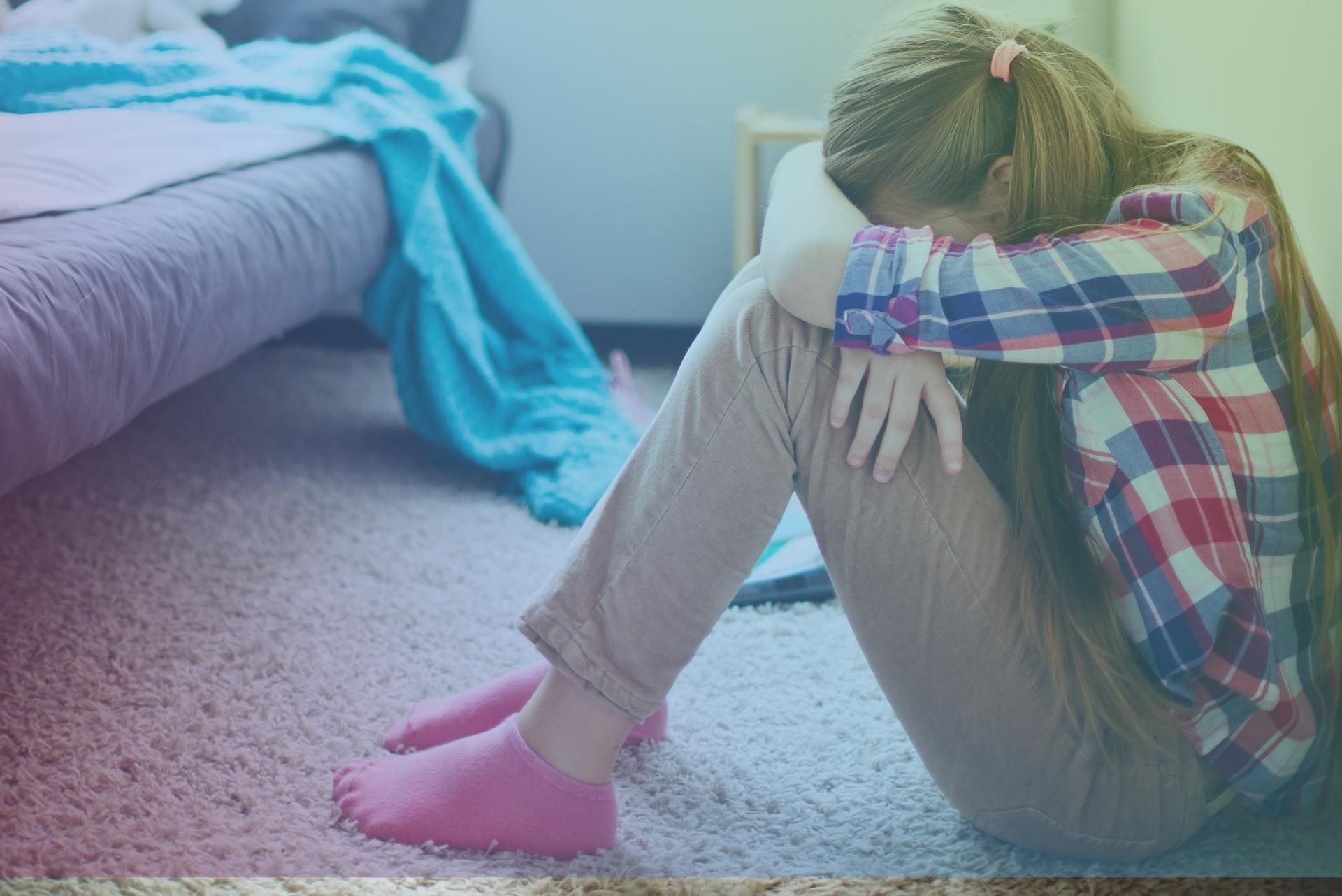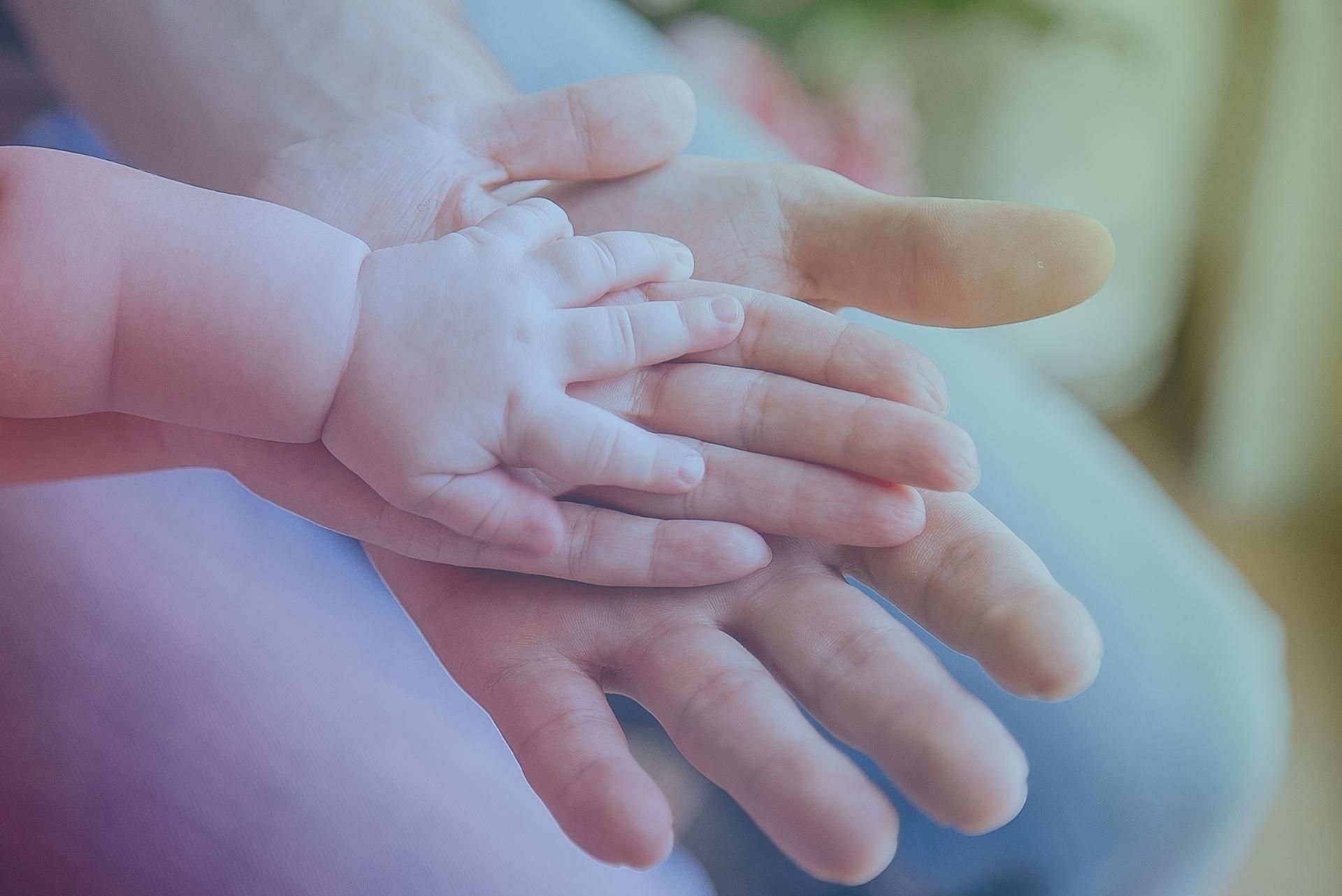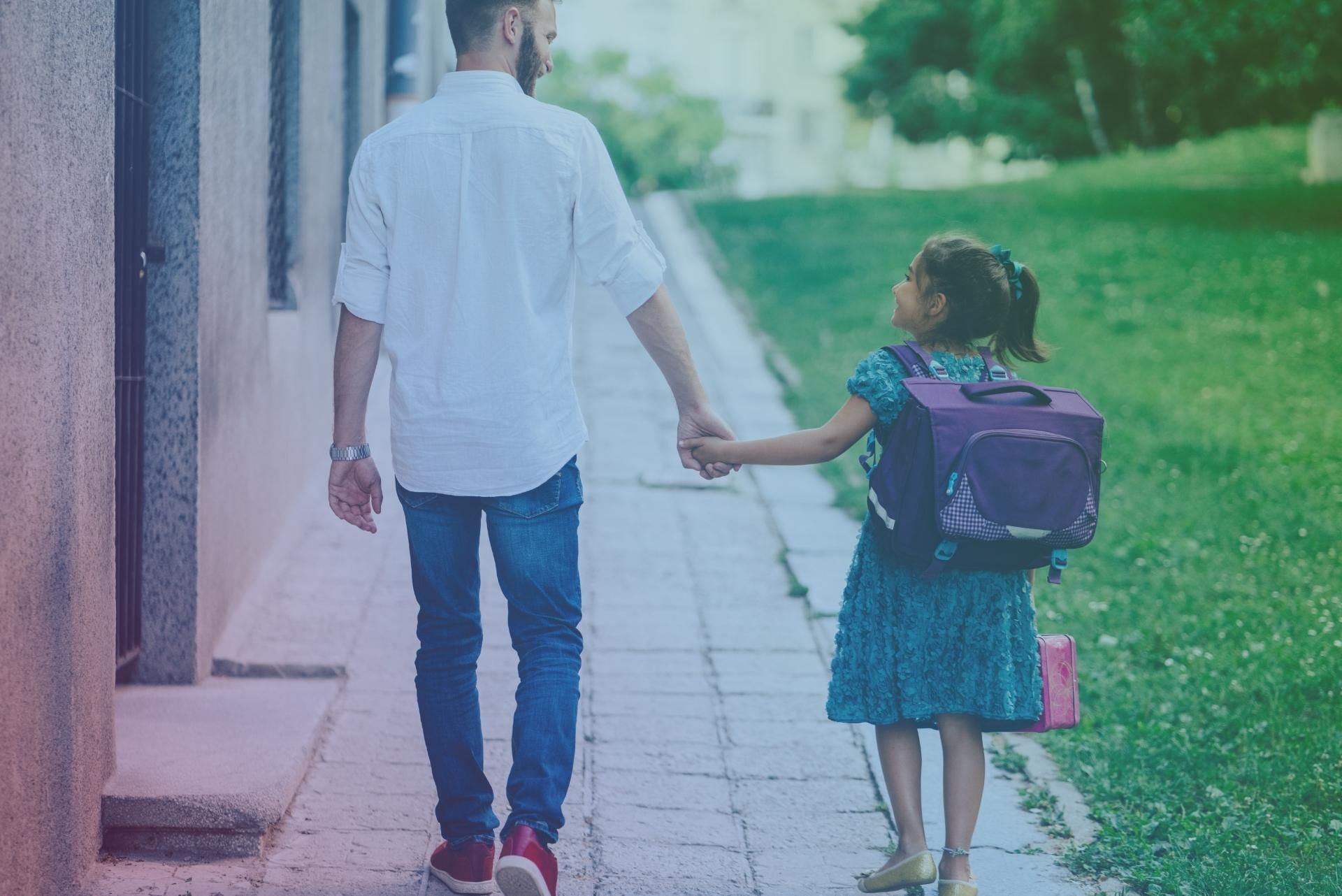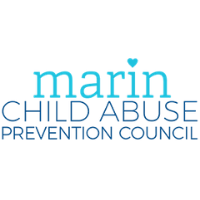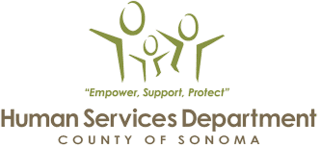CPI's Newsletter for Parents
Our Newsletter For Parents provides tips for caregivers who are helping raise children, based on the world-renowned Triple P - Positive Parenting Program, available to families in Sonoma County at CPI. If you have an idea or a parenting question for a future newsletter, contact Rocio Monter, Parent Support Manager at mariar@calparents.org.
Positive Parenting Awareness Month offers a reminder that taking the time to care for us and creating nurturing environments for our children benefits everyone.
A few positive parenting strategies can make summer a fun experience for kids, while minimizing stress for parents and caregivers.
When we make thankfulness a daily habit, it can improve our own physical, mental, emotional, and spiritual well-being.
A few positive parenting strategies can help take the hassle out of homework for everyone
Stress and anxiety are unavoidable parts of everyday life, but they don’t have to take over our lives. Learning to cope with anxiety in childhood is an important life skill that can be developed with time and practice.
There are many ways to be positive parents during the summer that meet our children’s needs.
As we approach Father’s Day, we hope all dads and father-figures experience the gift of being noticed, appreciated, loved, and celebrated – every day of the year.
Teaching kids about managing their own screen time is one way to help them become confident, competent individuals./Enseñar a los niños a manejar su propio tiempo de pantalla es una manera de ayudarles a volverse individuos seguros y competentes.
There are many ways to teach children about giving and receiving love, not only on Valentine’s Day, but every day of the year. The simple acts of love often mean the most and create the happiest family memories.
We can learn to be more emotionally resilient at any age, but life is much smoother if we learn early!/Podemos aprender a ser más resilientes emocionalmente a cualquier edad, ¡pero la vida es mucho más fácil si lo aprendemos temprano!
Holidays provide special opportunities to enjoy quality family time, but they can also add stress and pressure for many families.
Our community isn’t immune to this mental health crisis, and none of us can solve it on our own. But together, we can support children and families wherever they live, work, learn, play, and worship./Nuestra comunidad no es inmune a esta crisis de salud mental y ninguno de nosotros puede resolverla por sí solo. Pero juntos podemos apoyar a los niños y las familias dondequiera que vivan, trabajen, aprendan, jueguen y adoren.
Life as a new parent is filled with many highs and lows. Every parent could use help with raising children./La vida como padre primerizo está llena de altibajos. Todos los padres podrían necesitar ayuda para criar a sus hijos.
For some kids, the new school year is an exciting time for others the transition between summer and school sparks difficult feelings, like fear, anxiety, or depression. And for many, it’s all of that and everything in between.
This month, we are sharing information from local pediatricians, pediatric nurse practitioners, and public health leaders (many of whom have young children) about the COVID vaccines for this age group.




